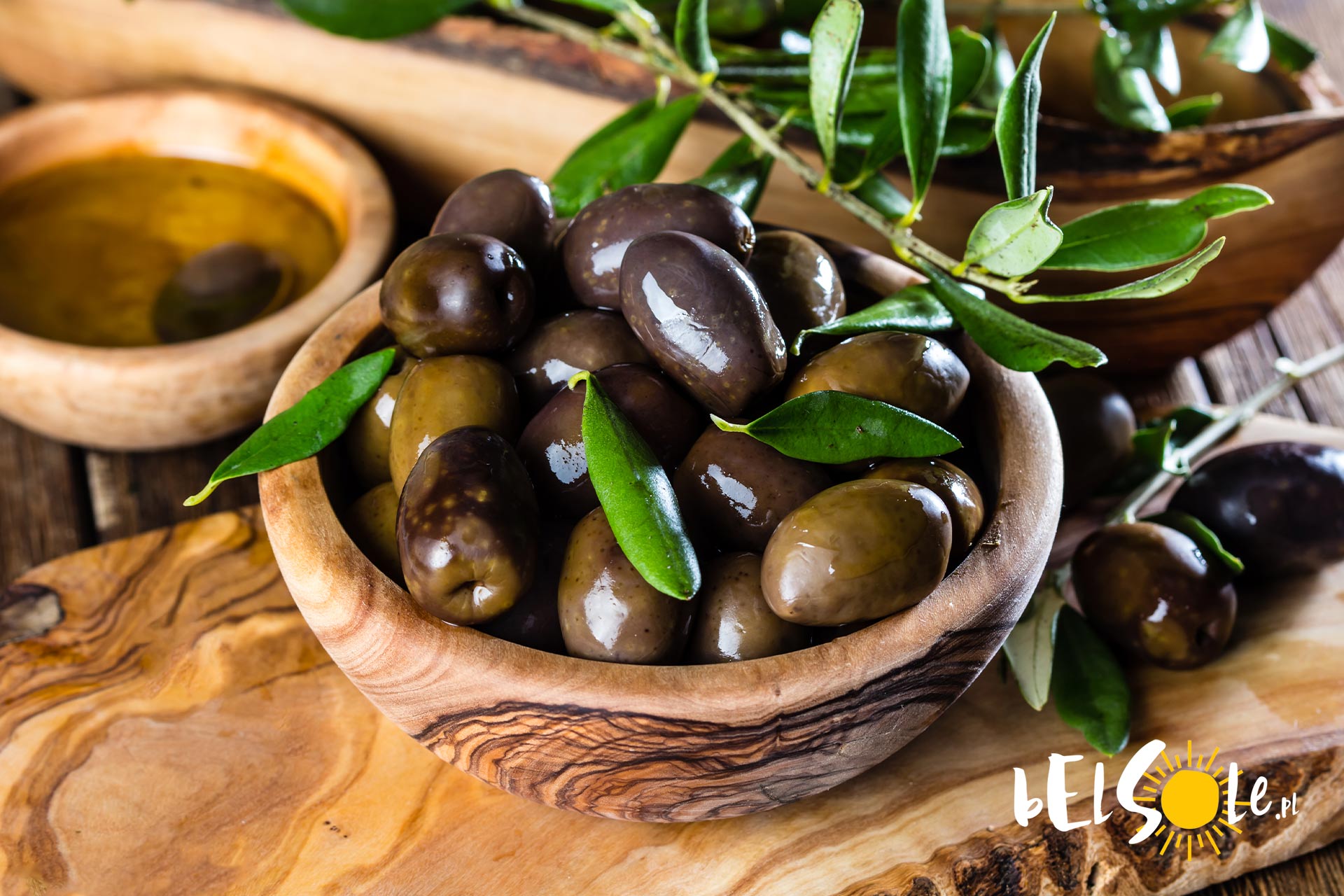O.O.E – OLIWA I OLIWKI EKSPORT

Olives
Olives, regardless of their color, are widely used in the kitchen. In stores, we can get green olives stuffed with cheese, paprika paste or anchovies. In this form, they are a great snack. Black, on the other hand, is more often added to salads and other dishes, and you can also prepare a tasty paste from them. Acidity is to oil what amount of alcohol is to wine. It has to be within a certain range and that's it. Someone who is guided by the amount of alcohol in a good drink is usually a bum who wants to drink cheaply (like the author in his teenage years, when he tried to make a career as a guitarist in a death metal band). The issue of acidity is determined by a certain EU directive, which proclaims, like Abraham reading the decalogue to the chosen people, that oil with an acidity of up to 08% is extra vergin, from 08% - 2% is vergin oil. And over 2% of acidity is no longer cooking oil, but liquid, flammable fat that can at most be set on fire and doused the troops storming the castle
Olive oil has antibacterial and anti-inflammatory properties, prevents the formation of gallstones, and protects against heart disease. It is worth remembering that its application does not end only in the kitchen! Olive oil will also prove successful in cosmetology, as a treatment for hair or nails. Widely used in gastronomy for frying and seasoning dishes; in the food industry, e.g. for the production of vinaigrette. The so-called popularly flavored oils are obtained by adding spices, e.g. rosemary, oregano, thyme, pepper, basil.
Also used in the cosmetics industry. Recommended for dry, poorly supplied with blood, mature, flaky, cracking skin, used in hair masks, for nail care. Olive has warming properties and improves blood circulation.
The history of olive oil goes back a long time, since the cultivation of olive trees in Asia Minor began, between the present-day Syria and Iran, which dates back to 6000 BC. In the following years, cultivation spread to the territories of Turkey, Spain and Greece, where techniques were carefully developed.
Olive oil is rich in vitamins A, E, D and K. It helps with atherosclerosis, gallstone disease, gastritis and gastric ulceration and constipation, and also prevents the formation of free radicals. It perfectly cleanses and regulates digestive processes. It slows down the aging process and has a great influence on the growth of bones in children.
Olive oil is considered one of the healthiest vegetable fats. It consists mainly of monounsaturated fats, which are healthy for the heart and do not cause cholesterol. Among the polyunsaturated fats, it contains omega-3 and omega-6 fatty acids.

We take olives from:
- Spain
- Egypt
- Turkey
- Greece
- Italy
- Portugal
Production of olive oil:








